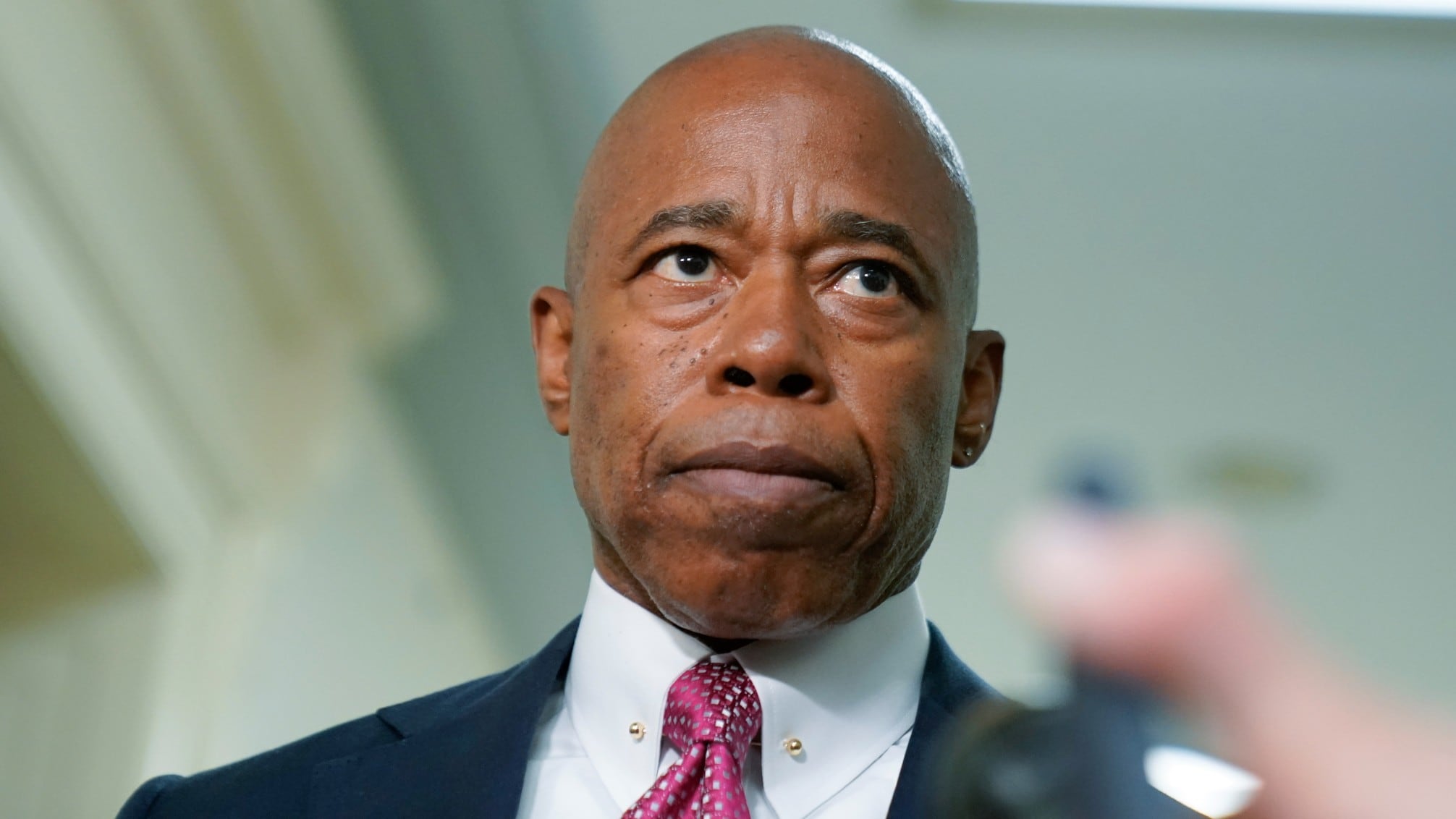By Anthony Izaguirre
New York City is challenging a unique legal agreement that requires it to provide emergency housing to anyone who asks for it, as the city's shelter system strains under a large influx of international migrants who have arrived since last year.
The city filed a request late Tuesday asking a court to allow it to suspend the requirement when there is a state of emergency where the shelter population of single adults increases at a rapid rate.
The filing came as Mayor Eric Adams embarks on a four-day trip through Latin America, starting Wednesday in Mexico, where he said he will discourage people from coming to New York, telling them the city's shelter system is at capacity and its resources are overwhelmed.
The city has been moving to suspend the so called right to shelter for months under the surge of migrants, arguing the requirement was never intended to be applied to a humanitarian crisis such as the latest influx.
The shelter requirement has been in place for more than four decades in New York City, following a legal agreement struck in 1981 that required the city to provide temporary housing for every homeless person. No other big city in America has such a requirement.
“With more than 122,700 asylum seekers having come through our intake system since the spring of 2022, and projected costs of over $12 billion for three years, it is abundantly clear that the status quo cannot continue,” Adams, a Democrat, said in a statement. "New York City cannot continue to do this alone.”
Adams had heralded the shelter requirement at the start of the crisis as a display of the city's empathy toward asylum seekers. In the months since, his rhetoric has hardened as the city has spent more than a billion dollars to rent space in hotels, erect large emergency shelters and provide government services for migrants who arrive without housing or jobs.
“This issue will destroy New York City,” Adams said last month.
The mayor has also recently tightened New York shelter rules by limiting adult migrants to just 30 days in city-run facilities amid overcrowding.
Josh Goldfein, a staff attorney at The Legal Aid Society, said the city's request, if successful, would be disastrous for the city.
“What is the alternative? If we do not have a right to shelter, if we are turning people away from the shelter system, if people are now living in the streets, in the subways, in the parks, is that the outcome that they want?” he said. “That is something we have not seen in decades. I don't think any New Yorker wants to see that. I don't think city officials want to see that but that will be the result if they were to prevail here.”









